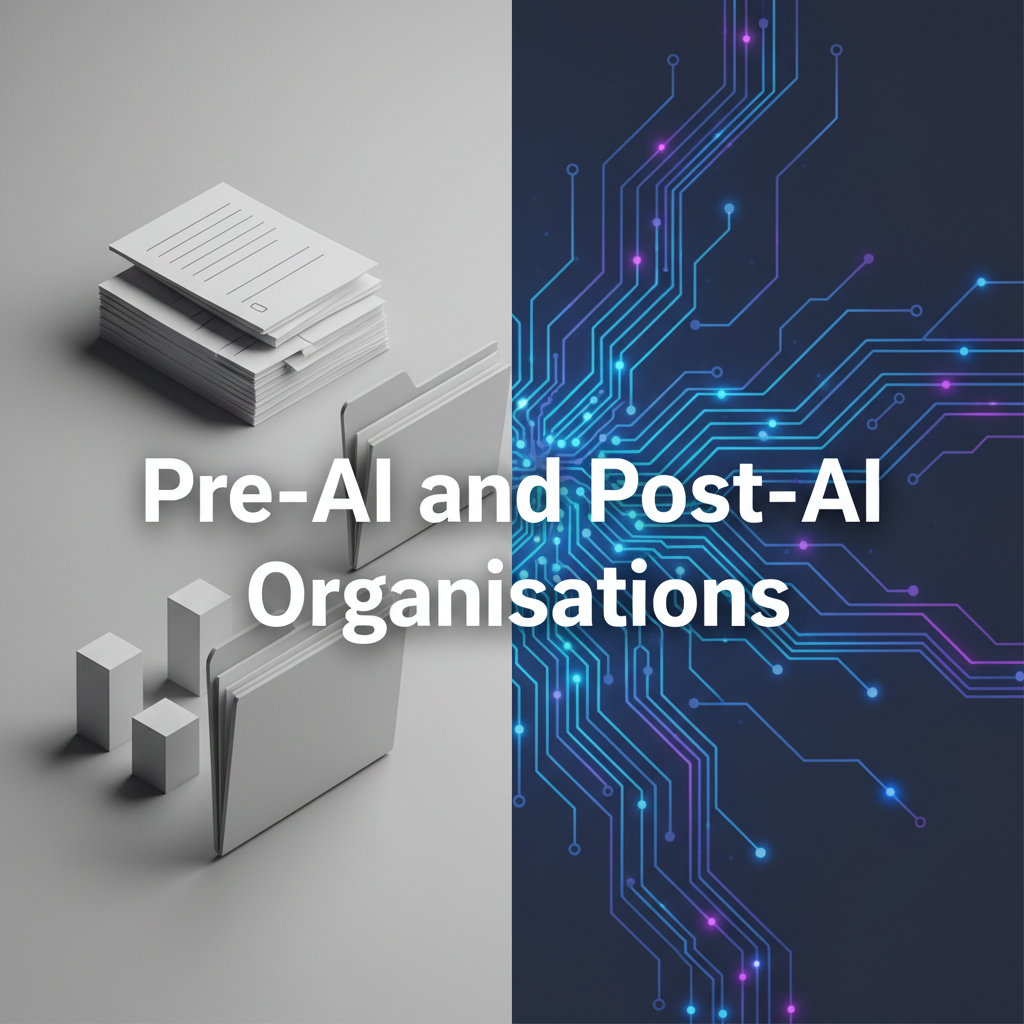The world of business is so dynamic today. Volatility is the new norm. Companies that can navigate with more intelligence in volatile markets are also the ones that are able to create shareholder value. Most of the top 10 valued companies in the Dow Jones Index did not exist 30 years ago. Five of the six companies are data-driven—Apple, Alphabet, Microsoft, Amazon, Berkshire Hathaway, Facebook. One of the original unicorns, GE, no longer figures in the Index. This shift highlights the growing importance of data-driven decision making. Times are changing, and so are business imperatives.
The conventional Boardroom used to deal with issues like corporate strategy, financial health, operations performance, risk management, and future growth plans, all leading to the cornerstone of every business – generating shareholder value.
Today’s Boardroom, however, is grappling with a new set of challenges that require data-driven decision making to navigate and ensure continued success.
- A dynamic and always changing business environment.
- Complex set of decisions to be made in real time.
- A plethora of new technology and data streams complicating matters.
- Too much focus on internal data or transaction data restricting the ability to think outside the box.
- New Disruptive data driven models by competitors leading to an existential crisis.
Data-driven decision making is no longer a ‘broad’ agenda to be paid lip service to. It must now become a ‘board’ agenda. Data-driven decision making is getting more and more ubiquitous. Every two days, we create as much data as we did from the beginning of 2003. By 2025, the amount of data available will grow to 163 zettabytes – a 10x increase in just 10 years. By 2025, connected users are expected to be 75% of the world’s population. Real-time data will increase at 150% the rate of overall data creation. There is not one business that has not been affected by data – finance, retail, manufacturing, medicine, media, automobiles, telecom, energy, etc. This data-quake should shake up even the most resilient Boardrooms!
How do Boards and organizations ensure that data becomes an asset, drives productivity, ensures seamless operations, and creates new business models? We’re on the cusp of a revolutionary change in the way we do business, and data is the flag bearer of this revolution.
According to a study by the International Institute of Analytics, businesses using data-driven decision making will see an additional surplus of $430 billion in productivity benefits by 2020 over organizations who are not leveraging data. The International Data Corporation forecasts that over the next 3-5 years, companies will have to commit to a data-driven transformation on a gigantic scale, including fundamental cultural and operational changes.
How to Enable Data-Driven Decision Making in the Boardroom?
Organizations need to understand that data drives business value. Boardrooms that view data as a strategic asset will survive and thrive. Today, every business needs an organization-wide data strategy, not a siloed strategy. The key questions that need data-driven decision answers are:
- How does our strategy increase revenues?
- How do we price our products and services to maximize value?
- How do we enhance customer experience to create a competitive advantage?
- What new products and services will we launch to stay relevant?
- How do we reduce costs and optimize efficiencies?
- How do I use external data to drive faster growth?
- How do I forecast sales more accurately?
- How do we protect our data?
How the Boardroom Can Lead a Data-Driven Decision Making Transformation for Business Growth
The Boardroom now needs to take charge of a data driven transformation leading to accelerated business growth. It needs to ensure that data investments lead to business outcomes. The Boardroom needs to shape the data driven organization of tomorrow. It must guide a change management plan that includes –
- A thought through business context-based data driven strategy that leads to solving complex problems in real time. For example, at the pharmaceutical giant GlaxoSmithKline (GSK), being data driven means dramatically reducing the new drug development cycle from eight years to one year using analytics and computer simulations. Imagine the value such a development can generate. Organizations and Boards can pick on a few such initiatives and pilot projects that lead to business outcomes and have the potential to dramatically alter their fortunes.
- A digital transformation strategy that pushes fundamental imperatives like automation, business efficiencies, data compatibility, technology compatibility, include different solutions like IoT, Machine Learning, Augmented Reality, Analytics models leveraging data assets to create a sustainable and differentiated business model. Boards should facilitate a transformation/innovation budget and create Data Innovations Labs to test multiple such initiatives.
- Creation of a Data Advisory Council to drive competitive advantage, create new revenue streams, measure impact of initiatives taken. In short, sweat the data assets to propel growth and generate shareholder value.
These can be some of the foundation blocks that the Boardroom can initiate for a strong data-driven decision making strategy. It is certainly not an easy ask, but Boardrooms will have to embrace this new reality and respond with agility to stay relevant and stay in business. As data-driven decision making becomes increasingly integral to business success, it is high time that data becomes a Boardroom priority. Organizations that leverage data effectively will have a distinct competitive advantage in the market.







